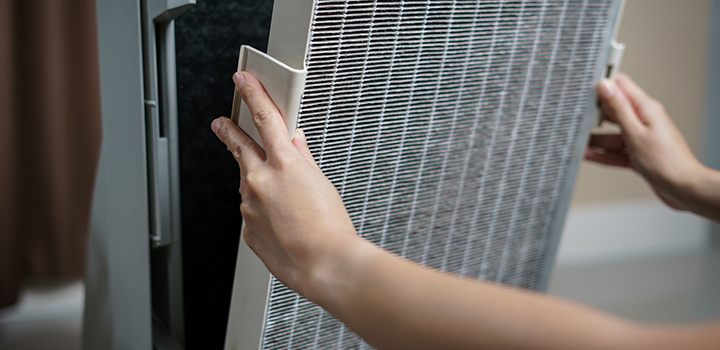Childhood eczema cannot be prevented by daily moisturiser use
By: News Archive

Using moisturisers on newborn babies does not prevent eczema as previously thought, according to a major new study involving researchers from the University of East Anglia.
Eczema is a very common skin problem affecting around one in five children in the UK. It usually starts in infancy, and a generally dry skin is often one of the first symptoms in babies who go on to develop the condition.
It is thought that a faulty skin barrier could be the first step in the development of eczema. Moisturisers improve skin barrier function by providing a covering to the outermost layer of skin and trapping in water.
Some healthcare workers recommend that parents regularly use moisturisers to prevent eczema in newborn babies.
The Barrier Enhancement for Eczema Prevention study (BEEP) was led by the University of Nottingham, in collaboration with researchers from UEA’s Norwich Medical School.
The aim of the study was to determine whether such advice had any impact on preventing the development of eczema.
The team looked at 1394 newborn babies who were born to families with eczema, asthma or hayfever. The babies were randomly split into two groups. One group was advised to apply moisturiser all over their baby every day until their first birthday. The other group was asked not to use moisturiser. Both groups were given general skin care guidance.
The study found no evidence that the daily use of moisturiser during the first year of life could prevent eczema in the study children. There was however, a small increase in the risk of skin infections. The results also showed early indications that daily use of these creams may increase the risk of food allergy. The results are published today in The Lancet.
Dr Tracey Sach, from UEA’s Norwich Medical School, said: “The Barrier Enhancement for Eczema Prevention study (BEEP) has shown that health care professionals should not be giving parents advice to apply emollients daily in the first year of life to prevent eczema. The finding that such advice did not prevent the development of eczema in study children was supported by secondary outcomes including quality of life which also showed no difference.”
Prof Hywel Williams, a dermatologist at the University of Nottingham who led the study, said: “Much progress has been made in recent years on the treatment of severe eczema, but the goal of preventing eczema from developing in the first place remains elusive. Other small studies suggested that moisturisers from birth might prevent eczema, and we were surprised when our large study showed no effect at all.
“Whilst this is disappointing for sufferers who thought that was an option for their children, we can now recommend that this advice is not given to parents and begin looking at what other possible preventative options there may be. It is important not to confuse our study on moisturisers for eczema prevention with the use of moisturisers for people who have eczema, where the evidence of benefit is much greater”.
The study was funded by the National Institute for Health research (NIHR) Health Technology Assessment Programme.
‘Daily emollient during infancy for prevention of eczema: the BEEP randomised controlled trial’ is published in The Lancet.
Related Articles

Air cleaners don’t stop you getting sick, research shows
Air filtration systems do not reduce the risk of picking up viral infections, according to new research from the University of East Anglia.
Read more
Wearable technology orthopaedic research shortlisted for national award
A project to support patients with their hip and knee replacement recovery using wearable technology has been shortlisted for a national innovation award.
Read more
Six UEA professors named in Highly Cited Researchers 2023 list
Six UEA professors have been named in the annual Highly Cited Researchers list for 2023, which celebrates some of the most influential researchers in the world today.
Read more